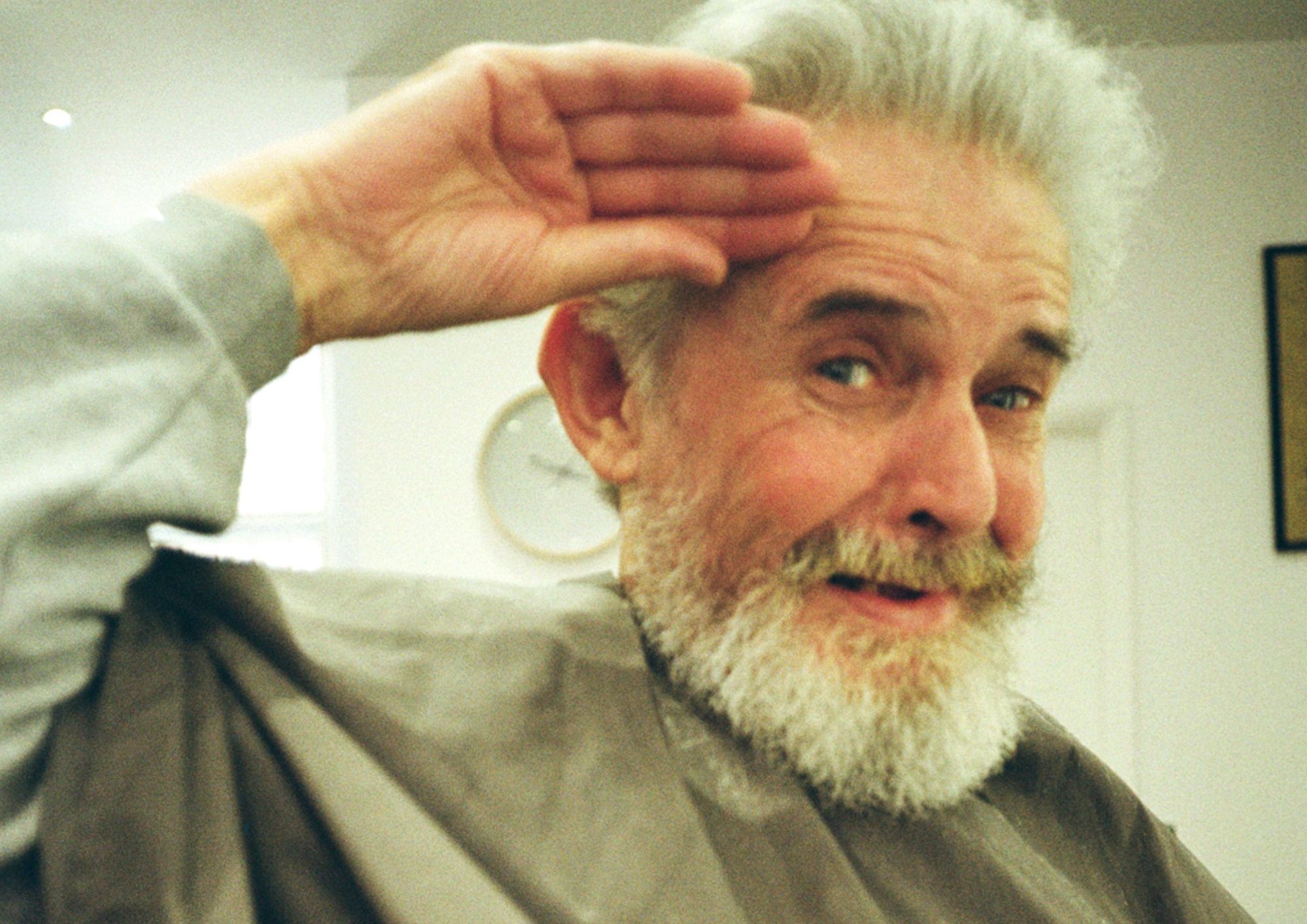Tony Doherty, Irishman who knew London like an A-Z
He knew every pub that had ever existed, every building and its background'
Thursday, 8th February — By Dan Carrier

TONY Doherty did not meet his long-lost Irish relatives before he died, but through his remarkable ability to make friends, he created an extended family in his adopted home of Camden.
A much-loved figure at the London Irish Centre in Camden Square, he had a perfect memory, a love of history, enjoyed music and brought happiness to all those he called a friend.
Born in Cork in 1951, Tony’s mother was 16 years old and unmarried. She was pressured to give him up for adoption.
When he was aged three, his foster mother fell ill and he was sent to industrial schools – harsh orphanages that many were forced into due to the Catholic church’s attitudes towards women, wedlock and children.
Throughout his life, Tony had believed he had been given away because his foster mother didn’t want him.
Later, with the help of the London Irish Centre who work to discover the stories of the survivors of the Irish children’s homes scandals, Tony traced letters from his foster mother.
They express how heartbroken she was when he was taken away from her. Shedding light on a lost past, they found his birth certificate, tracked down relatives and managed to find a photograph of him as a child – the first time he had seen himself under the age of 16.
Aged 18, he heard the Rolling Stones’ Jumpin’ Jack Flash.
Previously the only music he had heard was trad-folk or hymns, and he remembered feeling a sense of freedom. He would remain a music fan all his life and became a regular every Wednesday at the Irish Centre’s music nights and enjoyed tea dances, happily taking a woman for a spin round the dance floor.
“He was like a black cab driver, times 10,” adds his friend Jeff Whelan. “He knew every pub that had ever existed, every building and its background. He was a keen walker and knew London like an A to Z.”
Tony settled in Caledonian Road, where he lived for 30 years, before moving to Fellows Road, Belsize Park, for 25 years. He earned a living on building sites, hotels and doing odd jobs.
Generous with his time and funds, he would show up at the Irish Centre clutching gifts.
They included cook books for chefs and CDs for bar staff, while on Thursdays he always brought copies of his favourite paper, the New Journal, to share.
Tony would drink in the Sir Robert Peel in Queen’s Crescent. He liked an old-school pub with a community spirit.
He would visit the centre’s café in Kennedy Hall, but was not punctual: staff put a meal in the oven for when he did appear.
And when he appeared, everyone knew it: a superb storyteller, he was also a great listener, engaging and interested in others.
His politics were on the left and he believed in inclusion. When the Centre held LGBTQ+ meetings, he came along.
He was non-judgemental. Tony had two mottoes, which he said daily: Tomorrow is another day, and it costs nothing to be nice.
Tony’s funeral is at Golders Green Crematorium on Friday, February 16, at 4pm.
All are welcome at the London Irish Centre, Murray Street, from 6pm. Donations to the London Irish Centre Charity.
